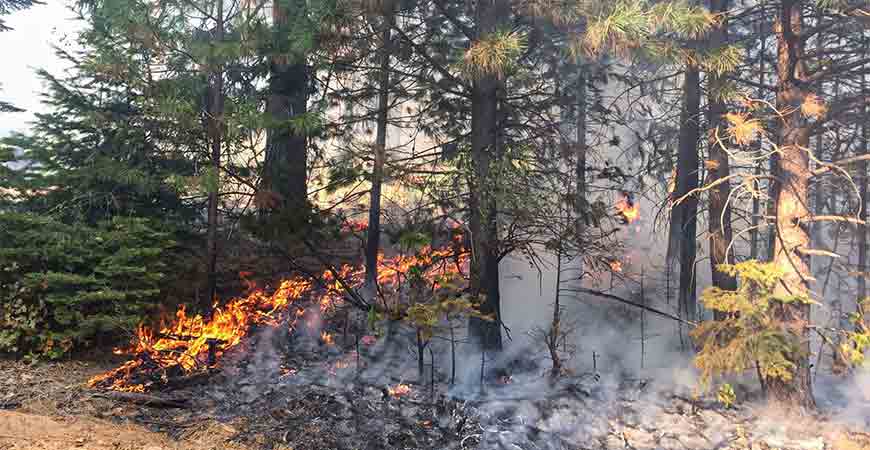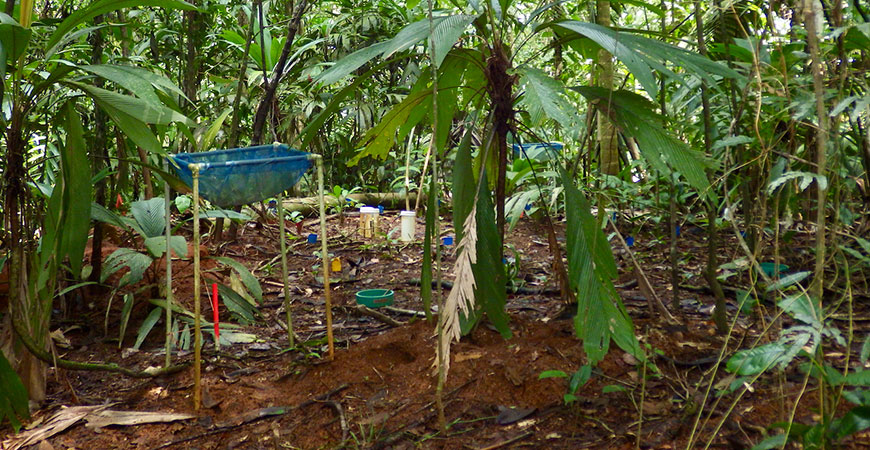Two UC Merced graduate students and an alum from the School of Natural Sciences were recently awarded fellowships from the highly competitive National Science Foundation Graduate Research Fellowship Program.
This year, NSF awarded 1,000 GRFP fellowships compared to about 2,000 in previous years...












